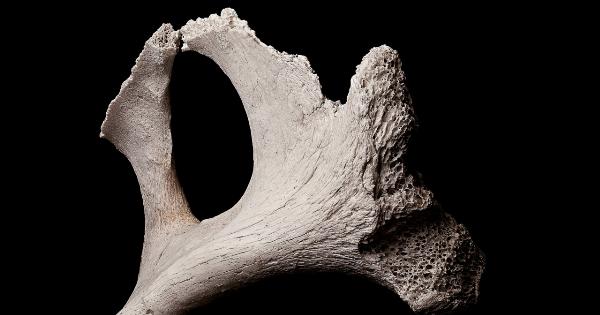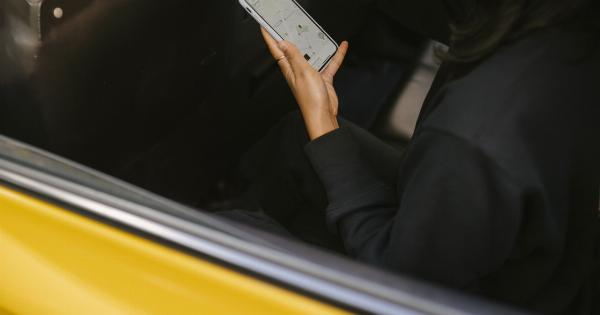Syriza, the left-wing political party in Greece, has refused to provide transportation for Kyriakos Mitsotakis, the Prime Minister of Greece, during his visit to the National Center for Scientific Research Demokritos (KNTH) on Monday, September 13th.
This decision has created controversy and sparked debates amongst political commentators.
Background of the Controversy
Mitsotakis was scheduled to visit KNTH as part of his tour to celebrate ten years since the establishment of the research center. He was set to arrive at the location in his official government car.
However, when Syriza, which is in opposition, found out about his visit, the party issued a statement that it refused to offer transportation to the Prime Minister during his KNTH visit.
Elena Akritidou, the spokesperson for Syriza, stated that “the government has abandoned scientific research, closed down labs, and cut funding for research.
Syriza cannot accept the Prime Minister’s attempt to present himself as supportive of science, while at the same time not adopting policies that truly support scientific research and innovation.”.
Reactions from Political Commentators
The decision by Syriza has caused a division amongst political commentators in Greece.
Supporters of the opposition party have applauded the move, calling it an act of resistance against the government, while others have criticized it as a petty move that harms the image of the party.
In an interview with the Greek Reporter, Vassilis Leventis, the leader of the Greek Centrists Party, said that “Syriza’s decision is a childish move that only serves to show the lack of cooperation between opposition parties and the government. It is a petty act that harms the reputation of the party and its ability to work with other political forces.”.
Impact on the Image of Syriza
The decision by Syriza has undoubtedly caused harm to the party’s image. Many have criticized the move as a political stunt that has little to no impact on the government or its policies.
It has also created debate amongst party supporters, some of whom have expressed their dissatisfaction with the decision.
Some political analysts have suggested that Syriza’s decision is a sign of the party’s desperation to regain traction and support amongst the public.
The party has not enjoyed widespread popularity since the defeat in the July 2019 general elections, which saw Mitsotakis and his party, New Democracy, secure a majority in the Hellenic Parliament.
Conclusion
Syriza’s decision to refuse transportation for the Prime Minister during his visit to KNTH has sparked controversy and strong reactions from both supporters and opponents of the party.
While the move may have pleased some of the party’s supporters, it has done little to improve its image or gain support amongst the public. Ultimately, it remains to be seen whether Syriza’s decision will have any significant impact on Greek politics or the government’s policies towards scientific research and innovation.































